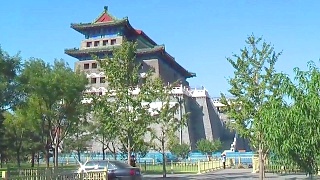Related Videos
Featured Videos

|
With Jeffrey Sachs ...
|

|
A beautiful port city in southeast China's FuJian province ...
|

|
Korean vocal girl group.
Be My Baby - The Ronettes ...
Barbara Ann - Beach Boys ...
Summer Love ...
|
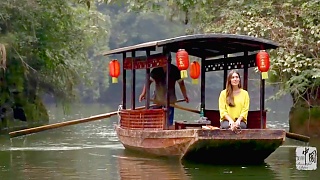
|
A charming micro movie that takes you to some of the many beautiful places in SiChuan province ...
|
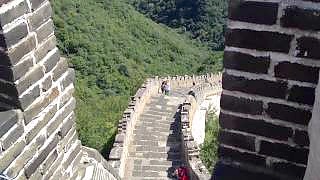
|
Near Beijing.
Filmed in 2012 ...
|
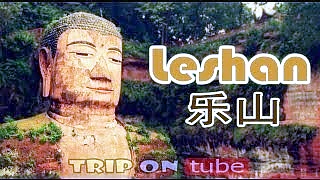
|
The world's largest ancient statue. Near LeShan city in SiChuan province.
|

|
With Ben Norton ...
|

|
With Walk East ...
|
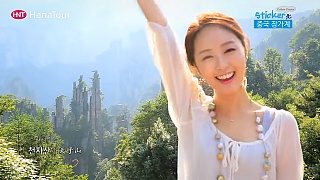
|
In HuNan province. A UNESCO World Heritage Site.
A great film by Sticker Travel ...
|
 Africa and China – geopolitics – March 2023
Africa and China – geopolitics – March 2023




